The Mosaic Atlas is the brainchild of Mosaic America, initiated by a group of immigrant women in an organization...
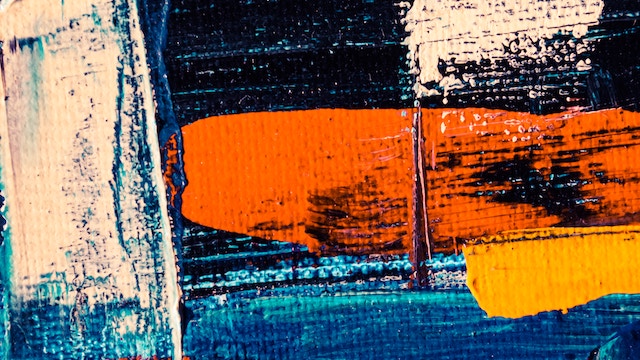

The Mosaic Atlas is the brainchild of Mosaic America, initiated by a group of immigrant women in an organization...
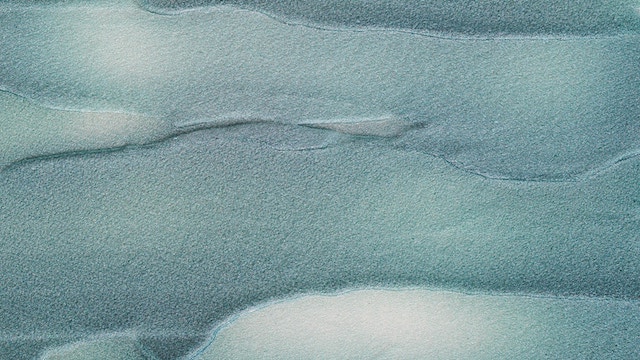
This paper integrates arts-based methodologies into research and design, bringing new ways of knowing to the...
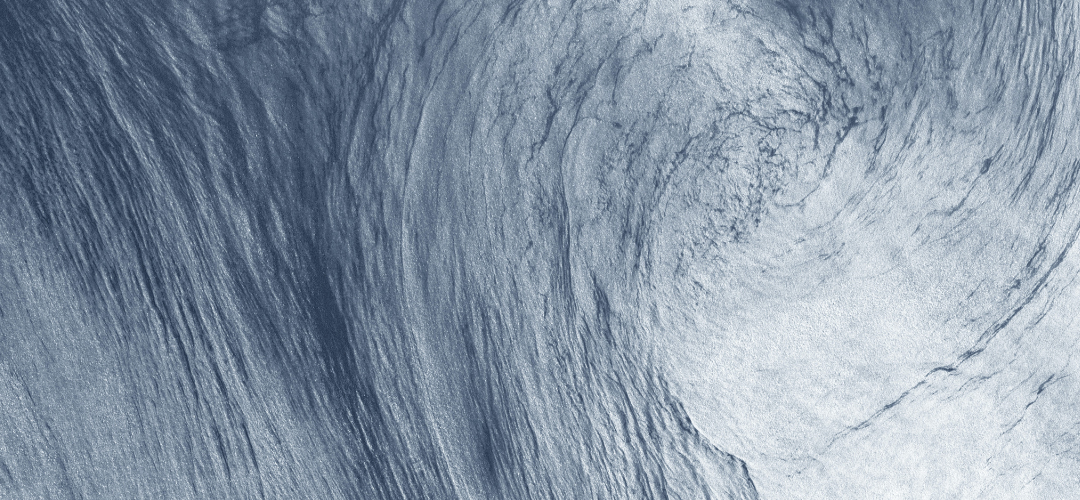
Over a century after W.E.B. Du Bois developed the concept of double consciousness, this experience of “twoness”...

Tonika Johnson is a photographer, social justice artist and life-long resident of Chicago’s South Side Englewood...
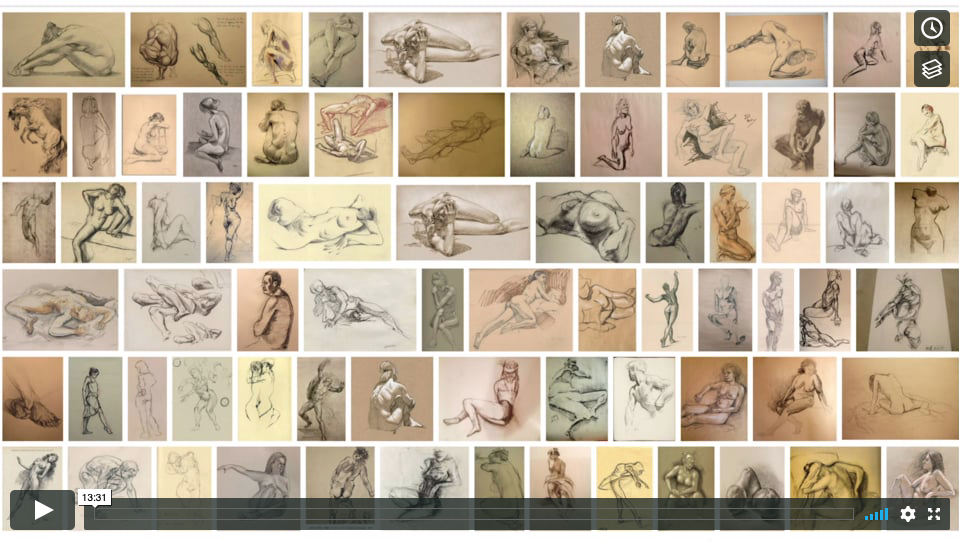
Few professions appear more at odds, at least on the surface, than ethnography and data science. The first deals in qualitative “truths,” gleaned by human researchers, based on careful, deep observation of only a small number of human subjects, typically. The latter deals in quantitative “truths,”...

This paper presents an investigation of metaphoric language in the contemporary discourse of Detroit’s “renewal.” News articles from local and national news sources from 2009-2011 provide evidence of critical and provocative metaphoric constructions found in the gentrification discourse of...

This paper assesses listening from an ethnographic perspective and demonstrates its value and applications across...
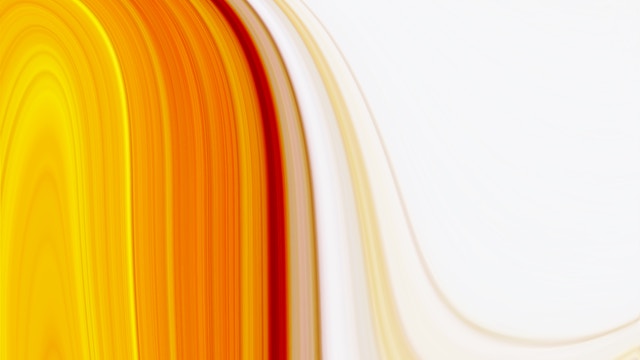
Installed during the Tohoku earthquake relief fundraising event, CONCERT FOR JAPAN, at Japan Society in New York City on April 2011, the Luminous Washi Lanterns was a meditation and celebration of renewal through light and impermanent materials. The paper examines the role of the ephemeral from...
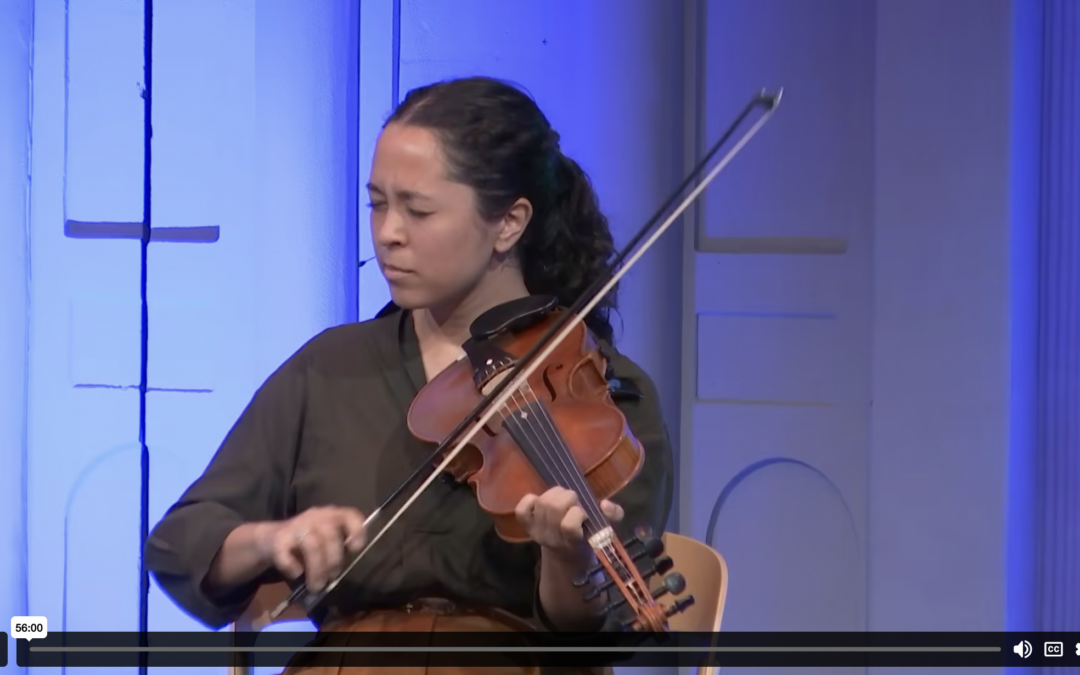
In this Wildcard presentation at EPIC2022, violinist and composer Zosha Warpeha speaks about her artistic research in Norway, which involved an immersive study of Nordic traditional music and the development of a highly personal solo performance practice. This session illustrates a participatory...
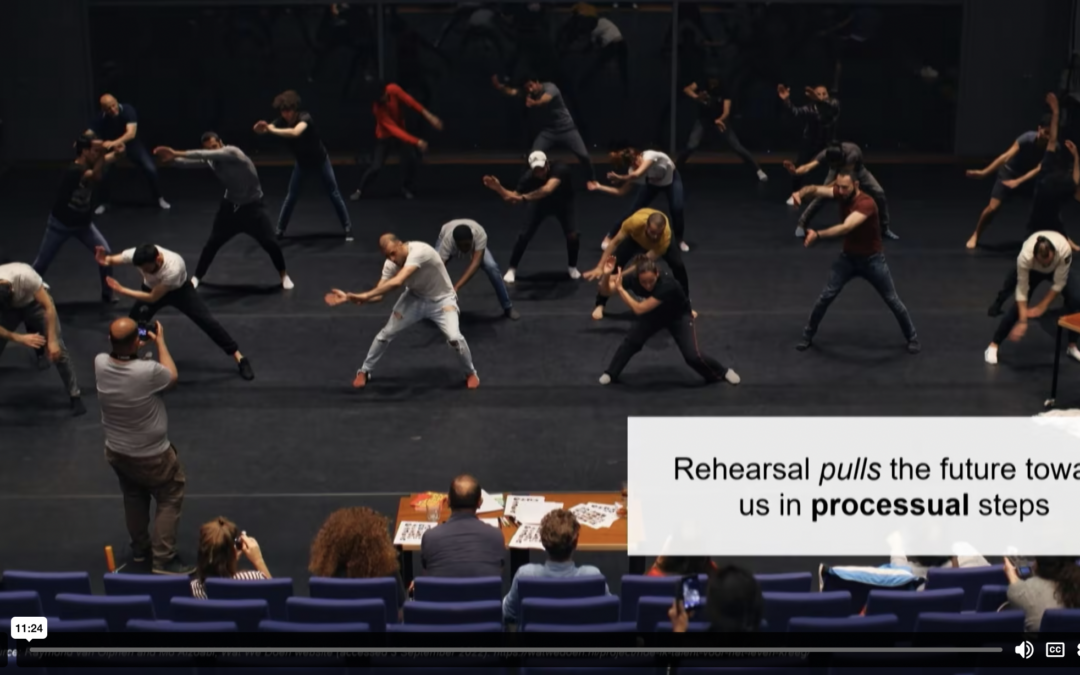
Cultivating resilience while navigating uncertainty is crucial for refugees. In the Netherlands, after receiving asylum and the right to work, refugees are often urged to adapt or evolve in hopes of successfully...